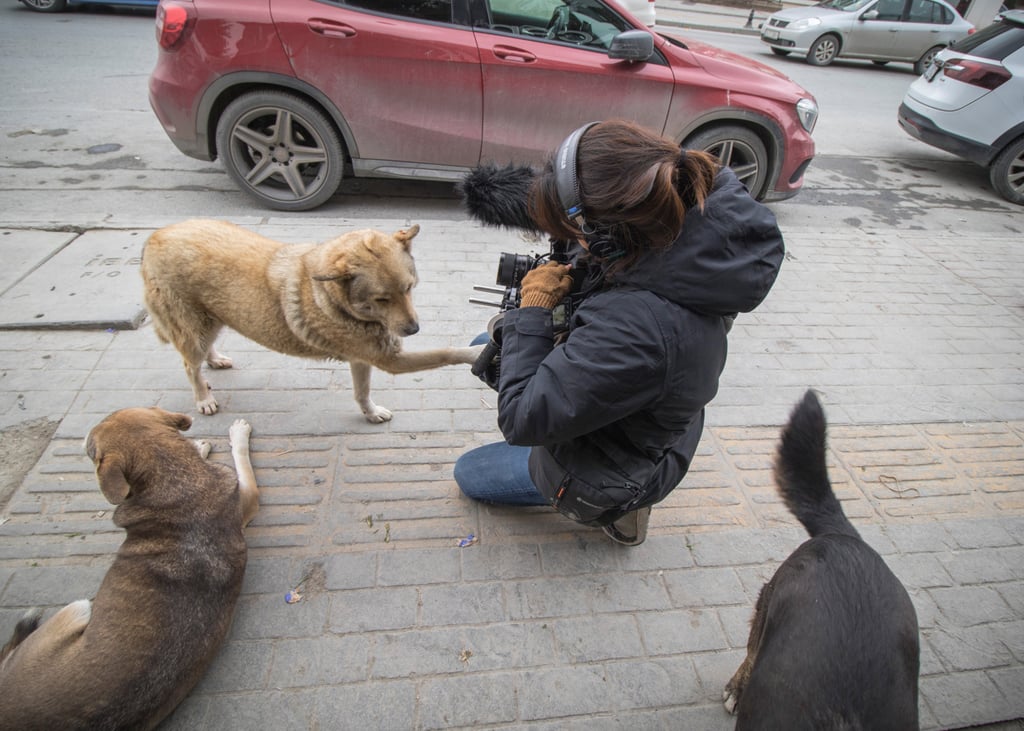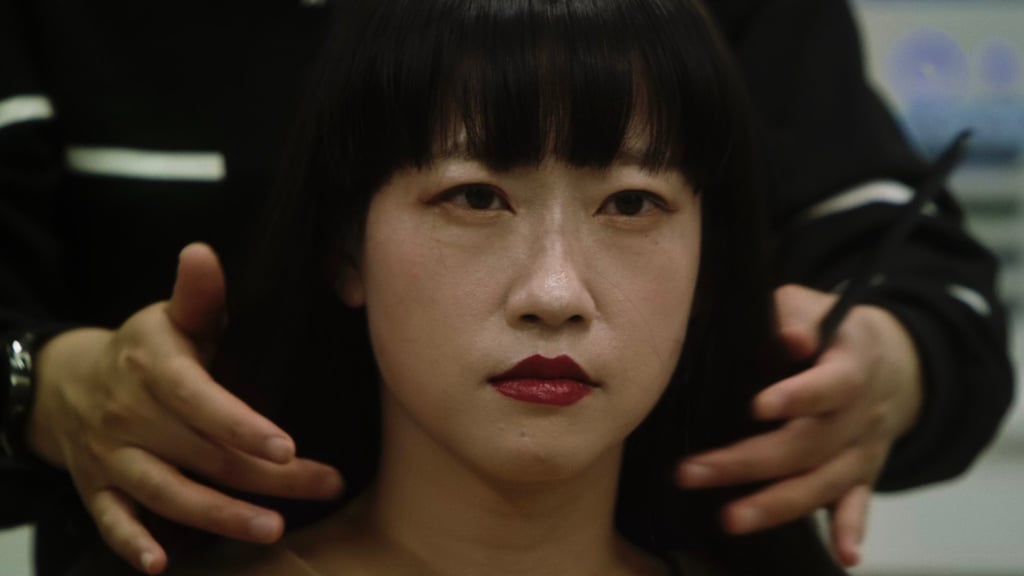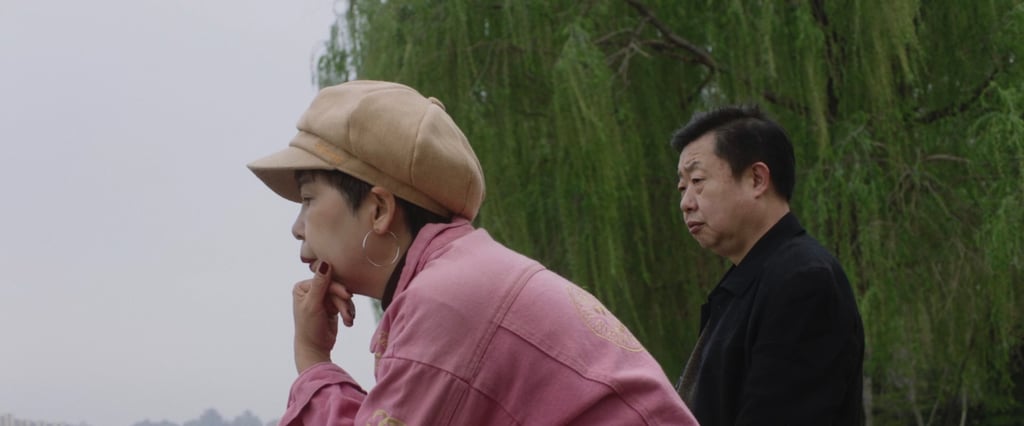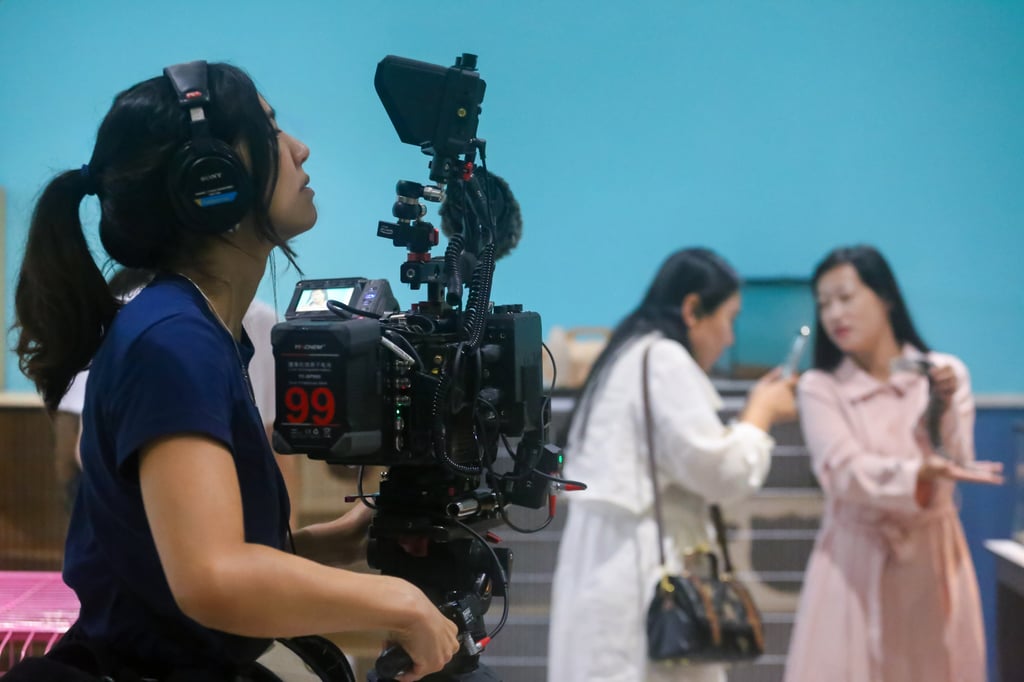
Hong Kong filmmaker Elizabeth Lo takes a tender, empathetic look at this profession in Mistress Dispeller, a film that follows a mistress-dispelling case from beginning to end.
Lo knew from the beginning that she wanted to explore the topic of love for her second film.
“Growing up, I’ve always loved love stories,” she tells the Post. “I think people’s most vulnerable selves are on display in the romantic sphere. I’ve always found that really compelling, and so I wanted, as a filmmaker, to challenge myself and tell a love story and see what that says about society or just human nature.”

At the same time, Lo knew she wanted to tackle the topic in a different way than it is typically shown in Hollywood films.
“The kind of love that I found in my own home [culture] is more bound up with duty, sacrifice and things that are left unsaid,” she says. “And so I wanted to use the crisis of infidelity as a way to look at how emotion is expressed or not expressed in my own culture, and portray that kind of love for audiences.”
Indeed, love – well, a love triangle – is at the heart of Mistress Dispeller. The film opens with scenes of a wife and her husband living in Luoyang, a city in Henan province, central China: the wife gets a haircut; the couple exchange brief words at the dinner table; they play badminton together.
Given the pseudonym Mrs Li in the film, the wife is seen sitting across the table from mistress dispeller Wang Zhenxi, to whom she explains how she discovered her husband was cheating on her through text messages on his phone.

From there, audiences are afforded an astonishingly intimate look at the relationships within this love triangle as the mistress-dispelling process unfolds. Through deft and tactful conversations, Wang is able to insert herself into the lives of all three subjects – as a friend, as a cousin – convincing each of them to trust her and her intentions.
The viewer is bound to wonder how Lo managed to capture these conversations in the first place, and get everyone involved to agree to be part of the film. The process began in early 2021, when she and her producer Maggie Li first found Wang through Chinese media and got the opportunity to shoot the tail end of a client case as a test.
“I think for [Wang], maybe she sees this as leaving behind some legacy of her work, [which is] such a strange profession but she does it so well. She understands human nature so well.
“She understands how people will behave when triggered in certain ways, and she’s kind of like a chess master, thinking 10 steps ahead of everyone,” Lo says.
“A huge challenge is that in Chinese culture, and many cultures, family shame and domestic shame should not be made public.
“But her thinking is elevated in that she was able to encourage her clients, especially the ones that we ended up filming with, that sharing their private struggles would help other people who are going through this too, and inspire other people on how to save their marriages or how to make wiser choices in life as they’re trying to find connections.”

After that first shoot in 2021, it took Lo and her production team two years to find suitable subjects for the film out of Wang’s pool of clients.
In 2023 they got Mrs Li on board, in large part because her brother, who is seen briefly in the film, was a “little third” (a Chinese term for third party or mistress) in another marriage himself in 2021.
Back then, he became associated with Wang because she was hired to break up the affair, and Lo was there to film the end of his case.
“Through this pre-existing relationship with him, he vouched for us to the wife,” Lo says.
It was very important to us as filmmakers to stay ethical
Of course, during the early stages of filming, Mrs Li’s husband and his mistress could not know what was going on, so they were initially under the impression that the documentary was about modern love in China. It was only after the completion of the film that they understood its full context.
“It was very important to us as filmmakers to stay ethical, so if they wanted to drop out at the end, they could do that, even after all the filming,” Lo says.
“We were very lucky that by the end of the process, even after we showed the film to each of them individually to get their consent [again] to being in the film, they agreed to be a part of it.”
Mistress Dispeller is a testament to the trust that Lo and Wang built with the couple and the mistress, Fei Fei – also a pseudonym.

Viewers will notice that in the film the camera is often static, especially during the more sensitive and delicate scenes – at times, Lo and her team would set up the cameras and leave the room so that the subjects would feel less self-conscious.
“As a filmmaker, I didn’t want them to be so distracted by the presence of a camera crew moving around a lot, and also formally, I wanted the scenes to unfold like a play, like in a cinematic medium, so audiences can see and experience organically how a conversation is unfolding,” she says.
Aside from Wang and the three subjects, there are glimpses of other love industries in Mistress Dispeller – dating camps, speed-dating events, matchmaking services – to give audiences an idea of the societal pressures and macro environment the couple and mistress are contending with.
“It shows how love is so tied up with a market ideology,” Lo says.
She believes that by including these scenes, viewers will “have more empathy and more of an understanding of what an individual like Fei Fei, the mistress, is going through and why she’s making the choices that she is”.

She adds: “Hopefully, as a viewer, regardless of what you’ve done or not done in your life, in love and in family, you have more forgiveness for yourself [after watching the film].”

